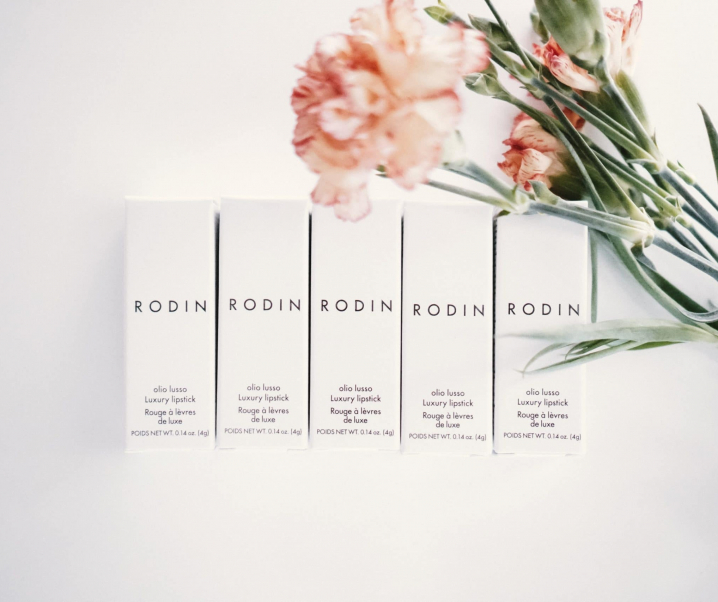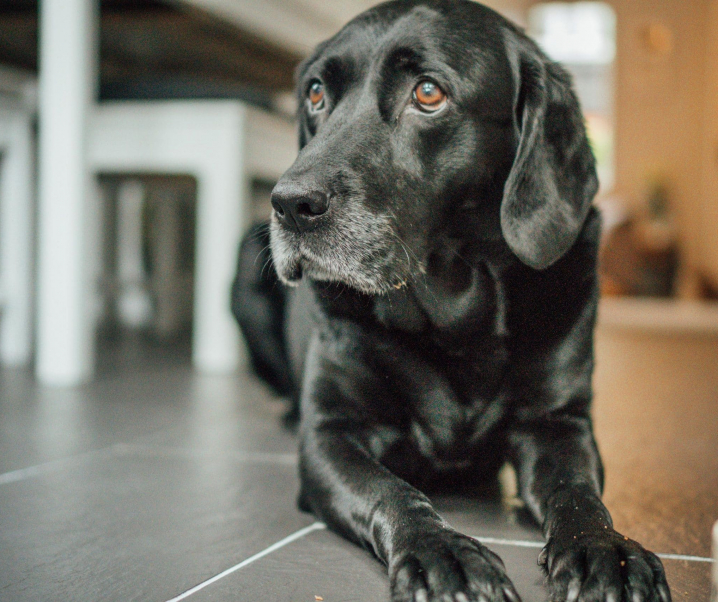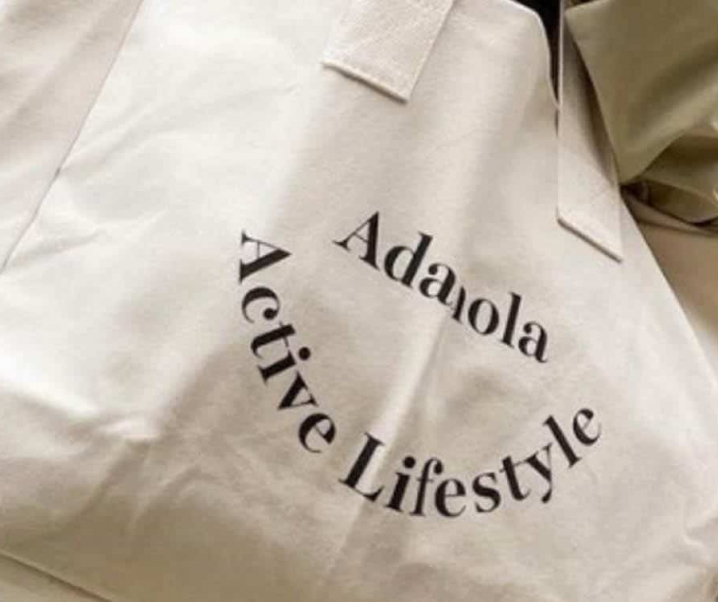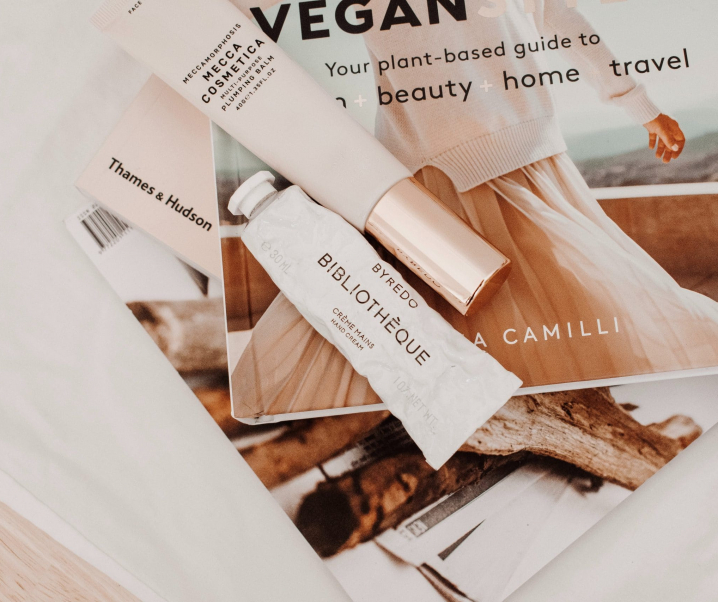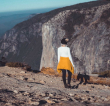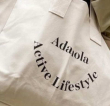Anti ageing in your late 20s is a complex affair. I’ve noticed some very minor changes in my skin since my early 20s, but generally, I don’t have any complaints. I’m sure most almost-28-year-olds feel the same.
With that in mind, it’s easy not to care. After a lot of research, though, I’ve taken the prevention rather than cure approach. I’ve started to add some anti ageing ingredients to my skincare routine.
The Science
Between the ages of 22-29, your skin will go through a lot. Before then, your body readily produces new skin cells. As you approach 30, your body’s ability to do this stops.
There are two types of ageing; intrisic and extrinsic.
Intrisic ageing is the ageing process that takes place over your lifespan regardless of outside influences. Here are the key things you’ll start to see happening as your skin begins to age:
- Collagen and elastin (two key structural proteins in our skin) will begin to become thicker and more clumped. This leads to wrinkles and skin sagging.
- The skins exfoliation process decreases by 28% in our twenties which causes dead skin cells to linger on our face for longer.
- Collagen decreases by 1% per year from the age of 20. Our skin stops producing it completely aged 40.
Extrisic ageing can be controlled and is a direct result of the environment. Environmental factors include pollution, smoking, and the sun.
SPF
We’ll start by minimising the effects of extrisic ageing. You should always wear an SPF, whatever age you are. Whenever you go outside, whether it’s sunny or not. You’ll need to pick an SPF of 35 or over in order to protect yourself against UVA and UVB.
I use this Origins Age-Defense Moisturiser (SPF40) every day. It’s a great, creamy texture that doesn’t leave an oily residue.
Since doing so much research over the past year, I haven’t sunbathed in direct sunlight. Instead, I use Tan Luxe fake tan for the exact same effect.
Hydrate
You may notice your skin feels dry after a night of drinking alcohol. This is because you’re dehydrated. If you don’t get enough water every day, your skin will be dry and dull.
I’m always talking about the importance of water (even though I struggle to drink as much as I should!) it’s a great, free tip to help give your skin a natural glow without lots of expensive highlighters. As you get older, your skin will naturally lose its plump and glow anyway, so don’t pre-empt it by spending your life dehydrated.
Cleanse
You should be cleansing your skin each night before bed. If you’re still using make-up wipes, it’s time to stop. Use a nice cleanser like my favourite Emma Hardie Moringa Cleansing Balm, this will take off your makeup, too.
If you travel a lot, try a balm over an oil or a cream. It’s solid at room temperature and really does make life easier when you’re on the move.
If you’d like to discover the best cleanser for your skin type, take a look at my latest youtube video.
Serum
A serum will help to rejuvenate your skin whilst you sleep. My serum is the most important part of my routine; it really makes a difference to the appearance of my skin in the morning.
Caroline Hirons taught me that moisturiser is for skin type whilst serum is for skin condition. Here’s a little guide to help you decide which serum to try:
Oily skin – an oil that has silicone derivitives in it. Avoid oils without these because your skin will become too oily to apply makeup.
For City Workers – Look for a serum with antioxidants (Vitimin C & E) to protect you from the city pollution.
Dry – Look for a hydrating formula. Hyaluronic acid is also a great ingredient for a dry-skin serum. It’s appearing in more and more serums recently, too.
Rosacea – Look for anti-inflamatory properties like white and red tea.
Acne – Don’t be tempted to dry your skin out (it will only produce more oil). Look for a serum containing glycolic and salicylic acid.
Sensitive – Try to wait until you’re over 30 to use a Retinol-based serum if your skin is sensitive. Instead, opt for a product rich in essential oils.
You’re not off the hook if your skin doesn’t display any type of irregular behaviour. It’s just as important to use a serum if your skin is normal. I use Kiehl’s Midnight Recovery Concentrate. It’s quite pricey for 30mls but I’ve seen a noticeable difference since I’ve started using it.
Exfoliating
You should be exfoliating around 3-4 times per week in your late 20s. Your skin can only repair itself if it is being stimulated. I like to sit back in the bath and really rub my exfoliator into my face. I do this before bed so my skin has a chance to recover before the morning.
I still use the Neal’s Yard Honey & Orange Scrub that I was using on the lead up to our wedding and I still think it’s great. You can see my full wedding preparation skincare routine here.
When thinking about anti ageing, we often forget to consider our body and instead focus on our face. I’d recommend exfoliating your entire body three times a week. I like to exfoliate on dry skin and then jump in the shower/bath.
Retinol
Whenever I’ve researched Retinol in the past, there are always many interesting debates to read through regarding when you should start using it. I’ve decided to start with a gentle retinol-based product.
I’m currently using REN’s Bio-Retinoid 4-5 times per week. If you’re thinking of trying a retinol I’d recommend using it just 2 times per week to see how your skin reacts.
Unlike many products, if your skin reacts (by getting a bit red), just keep it up and use it every now and then. Your skin will get used to it and you’ll see the benefits after 2-3 months.
Retinol is so complex so in the next month or so I’m going to create a YouTube video explaining it and how we should use it in our late 20s. I’ll add it in here when it’s ready.
Eye Cream
I used to buy eye cream that tamed how little sleep I’d had. Nowadays, as I become more of an adult and I get a good 8 hours a night, I’m looking to get rid of fine lines, instead.
This has been quite harsh on my skin (it contains Retinol like my Bio-Retinoid), so I’ve been using it once a week. I will look to find another lighter eye cream – perhaps with some Vitimin C in, but I will keep up with the EVELOM Time Retreat too.
Your eyes can age more than any other part of your face. As well as using a regular eye cream, I’d recommend looking after them by not piling heavy makeup under them or being too rough with them.
Night Cream
From early 20s, a night cream is really important. But, by the time you reach your late 20s it’s absolutely essential.
If you’re using a Retinol, you’ll need a great night cream to counteract the drying effects of this ingredient. It also protects your skin from water loss throughout the night. I’d recommend the JURLIQUE Herbal Recovery Night Cream. It has really helped my skin’s elasticity and the effects of my Retinol-based products.
Hopefully this should give you quite a complex look at the types of products and ingredients you should be looking out for when buying skincare products.
I’d be interested to hear which products you’ve included in your routines and which ones have had the biggest impact. Feel free to pop a comment below.














